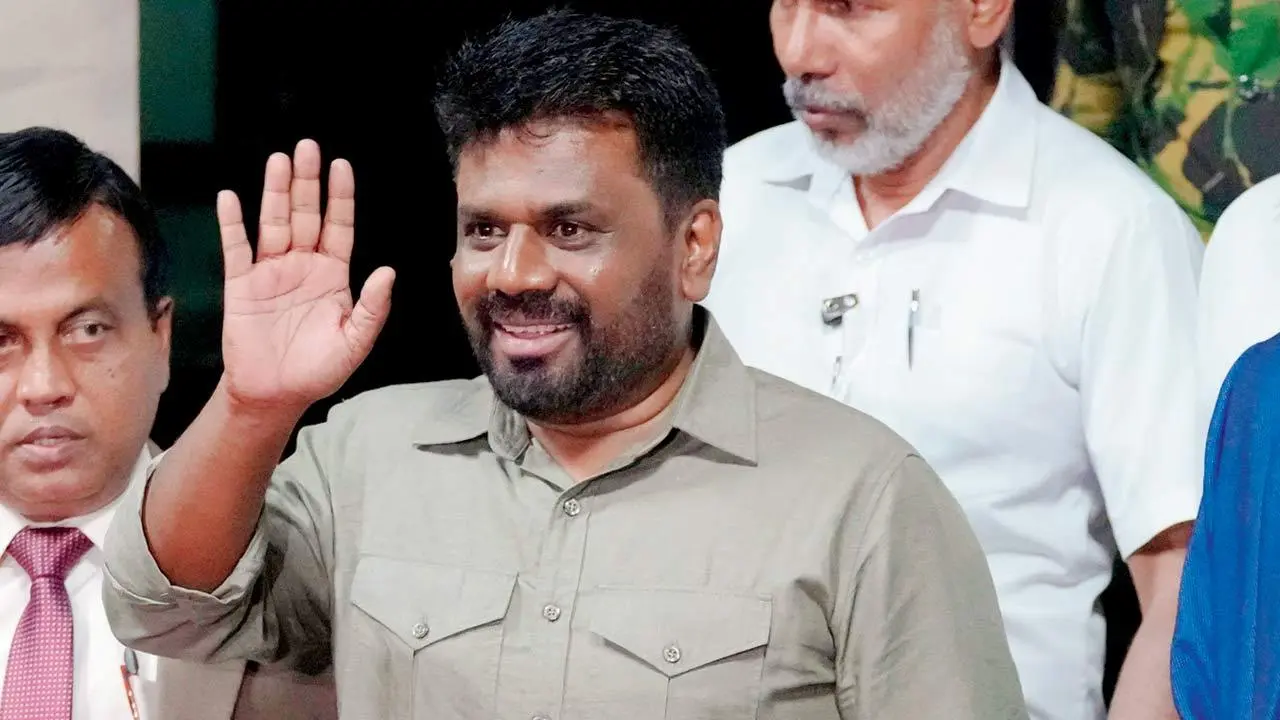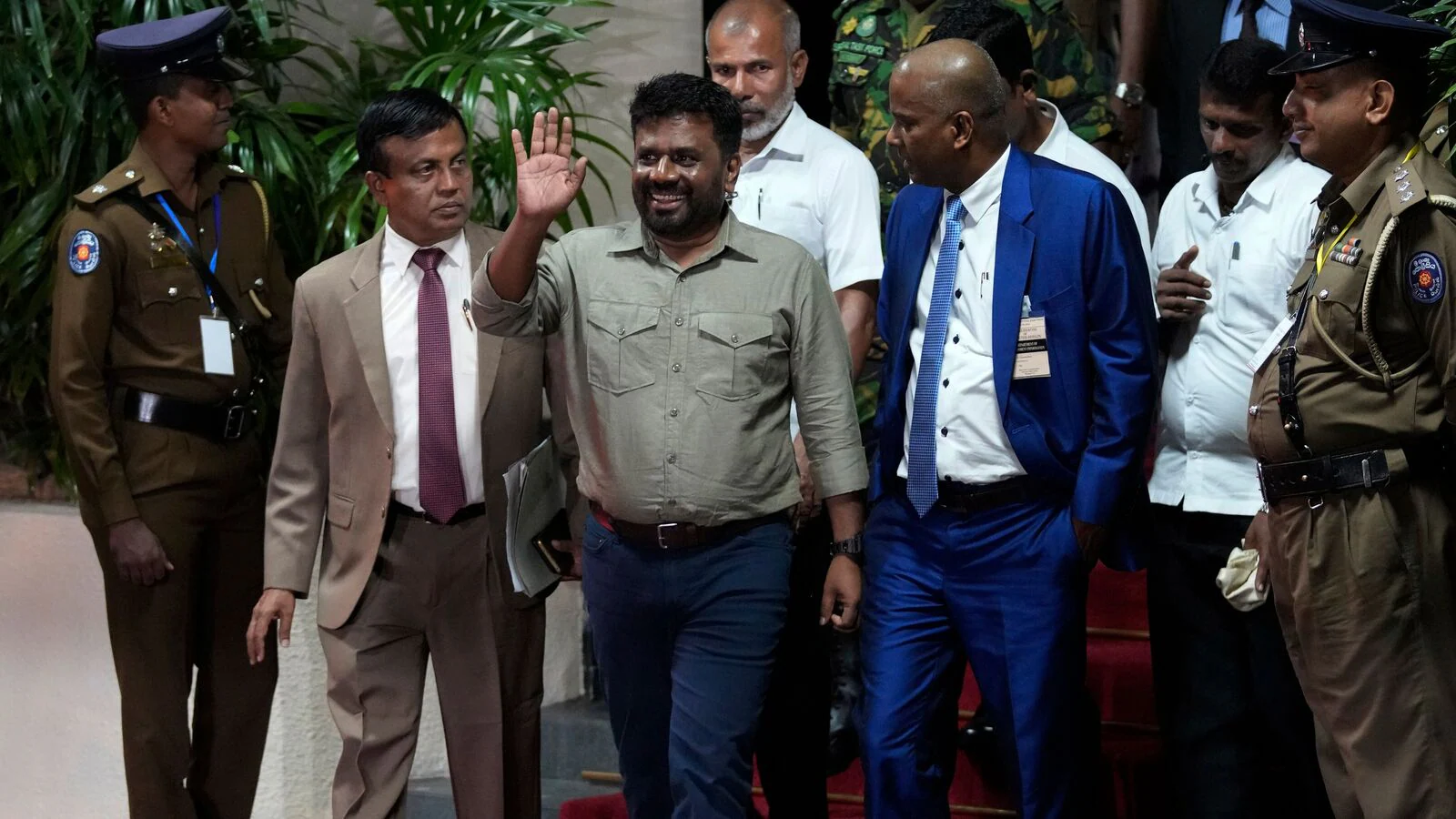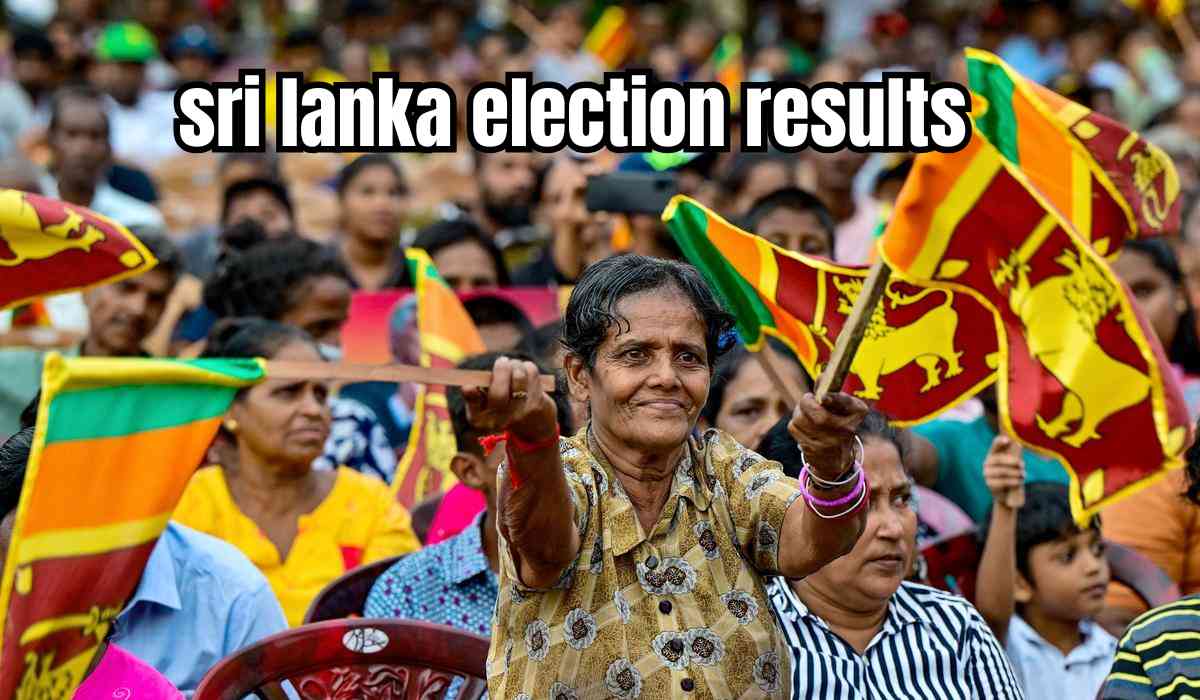The NPP, led by President Anura Kumara Dissanayake, has made history by winning a two-thirds majority in Parliament in recent snap parliamentary elections. This is the first time a single party has achieved such a feat under the Proportional Representation system. The NPP had already has won at least 123 seats in the 225-member parliament, with around 62% of the votes counted so far in district-based proportional representation and gained an absolute majority within the 225-member parliament.

Election Results Disappoint Opposition Parties
Several opposition parties are reported to be hit hard. Samagi Jana Balawegaya (SJB) has so far gained only 8 seats amounting to just 18% of the total vote. Meanwhile, the NDF, which was led by former President Ranil Wickremesinghe has received less than 5% of votes and one seat. The SLPP, a front for the family of Rajapaksa, came in fourth on the vote tally, securing two seats.

Historic Leftist Coalition to Assume Power of Parliament and Presidency
NPP wins a majority in parliament, it will be for the first time that the leftist coalition was able to dominate both the presidency and parliament in Sri Lanka. Dissanayake's party has an agenda that is socialist in nature and looking forward to lift the country out of the poverty barrier and bringing economic reforms. NPP wants to reorder Sri Lanka's international relations with the axis of major partners, which is China and India. That follows the country's economic crisis that led to the resignation of former President Gotabaya Rajapaksa and a $2.9 billion bailout by the IMF. The NPP now holds both presidential and parliamentary power, giving it the authority to drive major policy changes across various sectors, including social welfare, foreign policy, and economic management.
Inputs by Agencies
Image Source: Multiple Agencies
Ⓒ Copyright 2024. All Rights Reserved Powered by Vygr Media.























